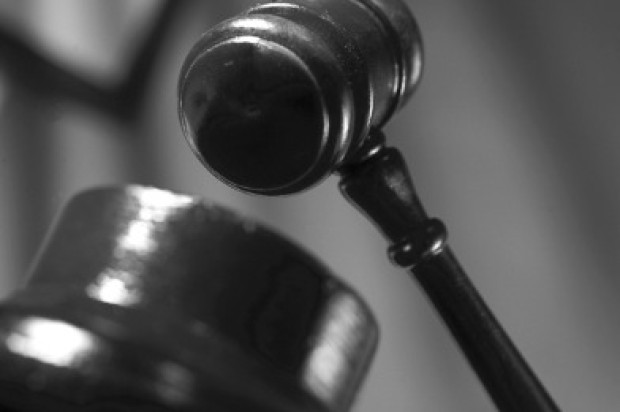
Five Californians who claim their innocent activities were wrongfully swept into government reports on alleged potential terrorism sued the U.S. Department of Justice in federal court in San Francisco today.
The lawsuit centers on so-called Suspicious Activity Reports, which are prepared by federal, state and local law enforcement agents, private security guards and citizens as part of a program known as the National Suspicious Activity Reporting Initiative.
The reports are collected in regional repositories and some are forwarded to national databases maintained by the FBI and other DOJ agencies.
The suit contends that a DOJ standard that encourages reports on any behavior that “may be indicative” of terrorism planning or on any “people acting suspiciously” is illegal.
It asks for a court order requiring the department to rescind the standard and adhere to an earlier rule that would allow the reports only when there is reasonable suspicion of a crime.
“This domestic surveillance program wrongly targets First Amendment-protected activities, encourages racial and religious profiling, and violates federal law,” said Linda Lye, an American Civil Liberties Union lawyer representing the plaintiffs.
The five plaintiffs, all U.S. citizens, say they were reported for activities such as photographing landmarks, standing in a train station, watching a flight simulation game on a home computer and buying computers as part of a job assignment for a technology company.
“All I was doing was taking pictures in a public place, and now I’m apparently in a government terrorism database for decades,” said photographer James Prigoff, 86, of Sacramento, at a news conference outside the Federal Building in San Francisco.
Prigoff said he was questioned at his home by a federal agent in 2004, several months after security guards spotted him standing in a public area to photograph the Rainbow Swash, a famous artwork painted on a large natural gas storage tank next to a freeway in Boston.
He said he was apparently traced by the license plates on his rented car. A neighbor was also questioned about him, he said.
“A professional photographer taking photos of a well-known Boston landmark is now considered to be engaged in suspicious activity. There is no reason for it and this program must be stopped,” Prigoff said.
Another plaintiff, Khaled Ibrahim of San Jose, is a U.S. citizen of Egyptian descent who works for Nordix Computer Corp. As part of a former assignment as a purchasing agent, he attempted to buy computers in bulk for the company from a Best Buy store in Dublin in 2011.
He learned from a California Public Records Act request that he became the subject of a Suspicious Activity Report forwarded from a repository in Sacramento to the FBI.
A partly blacked-out copy of the report, entitled “Suspicious attempt to purchase large number of computers,” is included with the lawsuit, which says Ibrahim is troubled by being placed in a national database and by potentially having been racially profiled.
Aaron Conklin of Vallejo, a graphic design student at Diablo Valley College, says in the lawsuit that he was the subject of a similar report, also forwarded to the FBI, after he tried to photograph the Shell refinery in Martinez from a shopping mall parking lot at night in 2013.
The lawsuit says Conklin fears that his job prospects and those of his father, who is seeking work in the aviation industry, could be affected by his being described in a national database as having engaged in a suspicious activity with a possible connection with terrorism.
The lawsuit challenges two related standards set by agencies within the Department of Justice. One, established by the department’s Information Sharing Environment in 2009, calls for Suspicious Activity Reports on “observed behavior reasonably indicative of pre-operational planning related to terrorism or other criminal activity.”
A second, broader standard set by the FBI in 2008 asks for reports on behavior that “may be indicative” of such activity.
The lawsuit claims that both standards violate a federal law, the Administrative Procedures Act, because they weren’t established with required public notice and comment.
It contends they also violate the earlier standard, requiring reasonable suspicion of a crime, which was established in 1978 after the required public notice and comment, according to the lawsuit.
“The Department of Justice is reviewing the complaint and it would be inappropriate to comment further at this time,” said DOJ spokeswoman Nicole Navas.
The case was assigned to U.S. District Judge Richard Seeborg. No hearing dates have been scheduled thus far.
The plaintiffs are represented by lawyers from the ACLU, the San Francisco-based Asian Law Caucus, and the law firm of Bingham McCutchen LLP.
Julia Cheever, Bay City News









